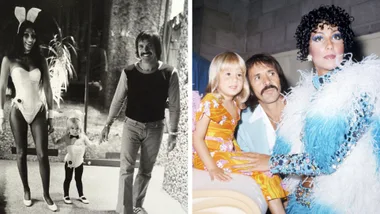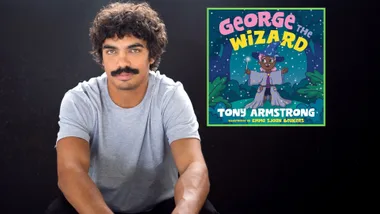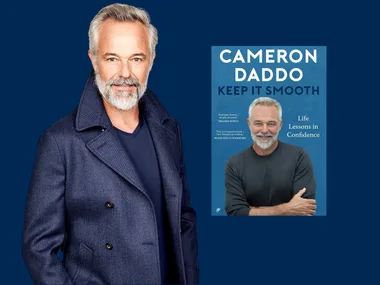Lucky Bunnyby Jill Dawson, Sceptre, 29.99.
Queenie Dove was what many would call a wicked girl. Childhood thief, liar and truant.
Her father is carted off to jail, her mother to a mental hospital, so Queenie relies on wit to survive the Depression and the Blitz, while her body blossoms (and she discovers wired brassieres) just in time for the decadence of the post-war years, beating a trail out of East London into the speakeasies of Mayfair, scamming and stealing all the way.
Think Moll Flanders meets the Artful Dodger. Though there’s no-one quite like Queenie, who, for all her spells “inside” and her predictably disastrous taste in men, is — possibly — a young woman more sinned against than sinning, she clearly enjoys the sinning bit best.
Lucky Bunnyis no morality tale but it’s a romping read, saved from sordidness by the skill and energy Jill Dawson puts into her characters, especially Queenie — flinty-hearted minx that she is.



















